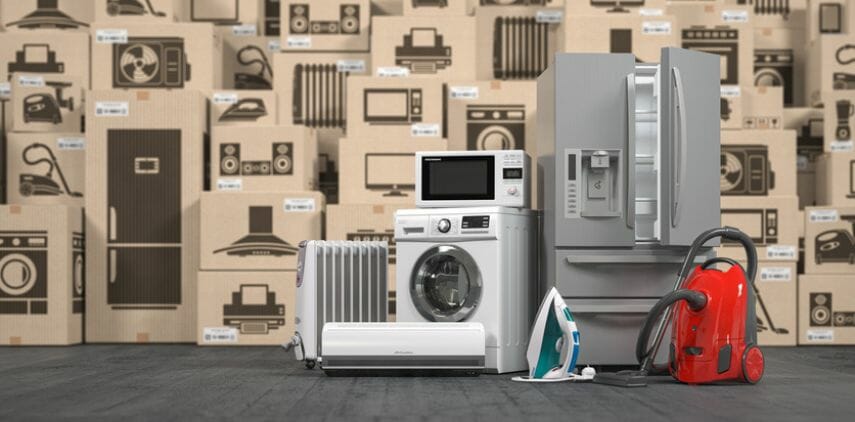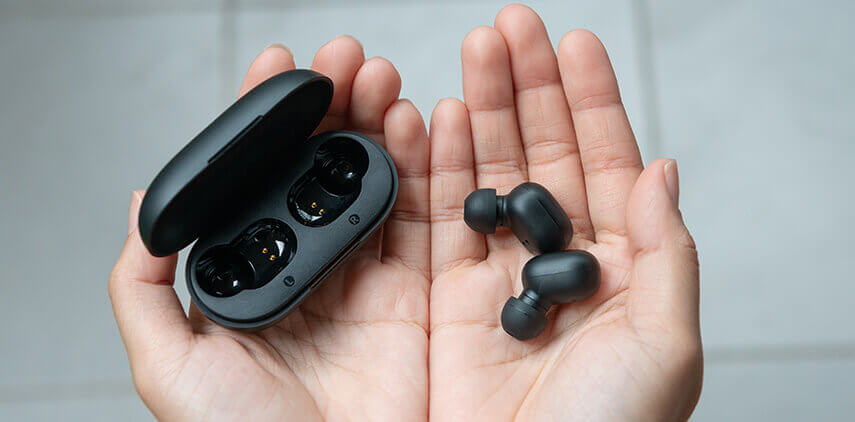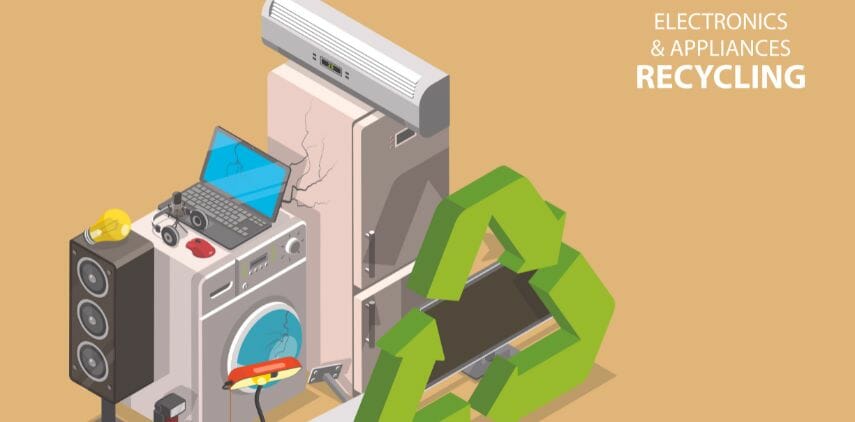Electronics is an essential topic as electronics are used in almost every aspect of our lives. From the electronics found in everyday objects, such as TVs and smartphones, to complex electronics that power industrial machines, electronics are everywhere. Understanding the basics of electronics is essential for anyone looking to build or repair electronics or gain a better understanding of how things work.
The field of electronics encompasses a wide range of topics, from basic concepts like electricity and current to more advanced subjects like digital logic and microcontrollers. As electronics become increasingly prevalent, understanding this subject has become more critical. Whether you’re looking to learn about electronics to pursue a related career or simply want to understand it better for your benefit, the following topics will introduce electronics and help you get started on your journey.
The first step to understanding electronics is learning about electricity and current, which are essential for electronics to function. This includes electric fields, currents, voltages, circuits, and more. You’ll also learn about the components used in electronics, such as resistors, capacitors, and transistors. After that, you can move on to digital electronics, which involves using logic gates to create complex systems with specific behaviors. Finally, microcontrollers are special devices that allow you to control electronics with code rather than build them around a particular set of physical components.
-The different types of electronics
Electronics can be defined into two broad categories: analog and digital. Analog electronics involve resistors, capacitors, and transistors that work with electrical signals to change the current. On the other hand, digital electronics involve using logic gates and microcontrollers to manipulate binary information for more complex tasks.
Analog electronics
Analog electronics are typically used for more straightforward applications such as amplifiers or signal processing. Digital electronics, however, allow for much more complex systems such as computers and robots. Understanding both types of electronics is essential to understand how modern electronic devices function.
No matter what type of electronics you’re working with, understanding some of the basics is essential before diving into more complex topics. Knowing what electronics are, how they work, and the different types of electronics is a great starting point for anyone looking to learn more about this fascinating subject. With the proper knowledge and skills, you can easily create all sorts of electronic devices from scratch or repair existing electronics.
-What electronic components do
Electronic components are the building blocks of electronics. They create and control electrical signals within a circuit or an electronic device. Electronic components include resistors, capacitors, inductors, transistors, and integrated circuits (ICs).
Resistors are used to regulate current flow in a circuit by creating resistance. Capacitors store energy and can filter or smooth out voltage fluctuations in a course. Inductors act as coils that convert AC into DC while storing energy in their magnetic fields. Transistors are semiconductor devices typically used as switches or amplifiers in electronic circuits. Finally, ICs contain multiple interconnected transistors and other components that allow them to perform complex functions.
Electronic components are essential for creating electronic circuits and devices. Understanding the different types of electronic components, how they work, and their applications will help you become more familiar with electronics and eventually create your electronics projects.
-How electronic components work
Electronic components work by controlling or manipulating electrical signals. These signals could be current, voltage, or other types of energy that electronic circuits use to perform their functions. The different kinds of electronic components all have different ways of responding to and manipulating these signals.
Resistors control current flow by creating resistance in a circuit, while capacitors store energy and filter out voltage fluctuations. Inductors act as coils that convert AC into DC while storing energy in their magnetic fields. Transistors are semiconductor devices used as switches or amplifiers in electronic circuits, while ICs contain interconnected transistors and other components that allow them to perform complex functions.
Understanding how electronic components work is essential for creating electronic devices or circuits. With the proper knowledge and skills, you can quickly generate electronics projects!
Understanding the basics is essential to succeed no matter what type of electronics project you want to tackle. By studying electronics fundamentals such as electricity and current, digital logic, microcontrollers, and electronics components and their functions, you will have all the tools necessary to become a successful electronics engineer or hobbyist.
-How electronic circuits work
An electronic circuit is a group of interconnected electronic components used to create and control electrical signals within an electronic device. These components include resistors, capacitors, inductors, transistors, and integrated circuits (ICs).
To put it simply, electronic circuits are like a roadmap for electricity – they allow electrons to flow from one component to another in a predefined way. This allows electronic circuits to perform specific tasks, such as amplifying sound or controlling motors and lights.
By understanding how electronics components work and the basics of electronics circuit design, you’ll be well on your way to quickly creating your electronics projects! With the proper knowledge and skills, you can easily create all sorts of electronic devices from scratch or repair existing electronics.
So if you’re looking to get started in electronics, understanding electronics basics like electricity and current, digital logic, microcontrollers, electronics components, and their functions will give you the foundation to become an electronics expert! With the proper knowledge and skills, you can easily create all sorts of electronic devices from scratch or repair existing electronics. Plus, by focusing on electronics fundamentals, you’ll be able to develop more innovative projects that push boundaries. So don’t wait – start learning about electronics today!
-How to build an electronic project
Building an electronics project can initially seem intimidating, but it’s pretty simple with the proper knowledge and skills. Before you start building your electronics project, it’s essential to understand electronics basics such as electricity and current, digital logic, microcontrollers, electronics components, and their functions. Once you know these fundamentals well, you’ll be well on your way to creating electronics projects with ease!
When designing your electronics project, there are several vital steps to follow:
– Research:
Identify the electronic components you need for your project and research how they work. You should also research any existing solutions or designs that have been used in similar projects before.
– Design:
Once you know what electronics components you need, it’s time to start designing your electronics project. You should draw up a schematic diagram of your electronics project, detailing the various electronic components and how they will be connected.
– Build:
After drawing up your schematic diagram, it’s time to get hands-on with soldering, wiring, and assembling all the electronic components by your design.
– Test:
Once all the electronic components are assembled, you can power up your device and test whether or not it’s working as expected. If it isn’t working correctly, you can troubleshoot and make changes to the electronics components or wiring configuration until you get the desired result.
By following these steps and understanding electronics basics like electricity and current, digital logic, microcontrollers, electronics components, and their functions, you will have all the tools necessary to become a successful electronics engineer or hobbyist. So don’t wait – start building your electronics project today!
-Conclusion
Electronics is a fascinating field that can open up a whole world of possibilities. By understanding electronics basics like electricity and current, digital logic, microcontrollers, electronics components and their functions From building electronics devices from scratch to repairing existing electronics, the sky’s the limit when it comes to electronics projects – so don’t wait – start learning about electronics today! Good luck!







